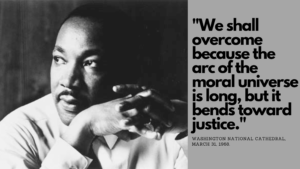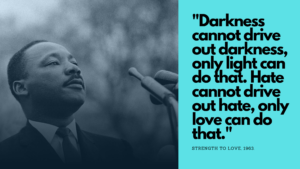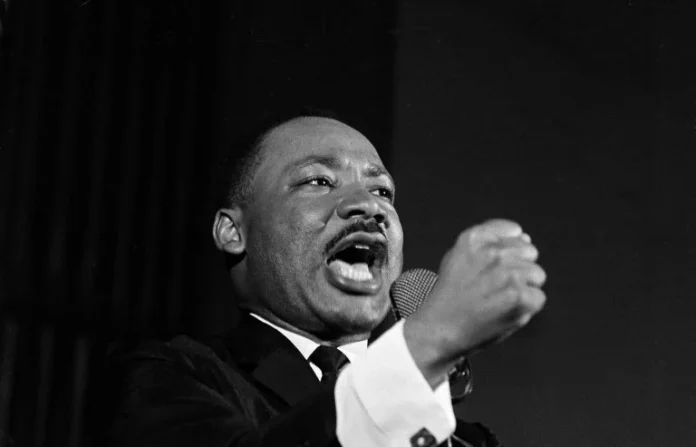Martin Luther King’s Powerful Views on Civil Disobedience and Ethical Resistance to State Authority
Martin Luther King Jr., a prominent leader in the American civil rights movement, left an enduring legacy not only for his role in advocating racial equality but also for his profound reflections on civil disobedience and ethical resistance to state authority. His powerful insights continue to inspire and shape discussions on justice, equality, and individual responsibility.
Understanding Civil Disobedience:

Martin Luther King believed in the transformative potential of nonviolent civil disobedience as a tool for social change. He drew inspiration from his deep-rooted commitment to justice and equality, guided by the principles of love, compassion, and moral righteousness. King emphasized the importance of breaking unjust laws through nonviolent means, emphasizing the moral obligation to resist oppressive systems.
The Ethical Imperative:
King’s views on civil disobedience were intricately connected to a broader ethical framework. He argued that individuals have a moral duty to oppose unjust laws and societal norms that perpetuate discrimination and inequality. By standing against oppressive systems, one contributes to the moral evolution of society, fostering a collective consciousness rooted in justice and compassion.
Love as a Driving Force:
He envisioned a society where individuals, driven by love and compassion, would actively resist injustice. King believed that love, as an ethical force, had the potential to dismantle hatred, racism, and discrimination. By practicing love in the face of adversity, individuals could catalyze positive change and challenge the very foundations of unjust state authority.
Nonviolence as a Strategic Choice:

King’s commitment to nonviolence was strategic, rooted in the belief that it could expose the moral bankruptcy of oppressive systems. Nonviolent resistance, according to King, disarmed the oppressor by refusing to reciprocate the violence inflicted upon the marginalized. This strategic nonviolence aimed not only to achieve practical goals but also to awaken the conscience of society and those in power.
Challenging State Authority:
King’s philosophy on civil disobedience also involved a critical examination of state authority. While acknowledging the importance of law and order, he emphasized that not all laws were just. King contended that individuals had a moral duty to challenge state authority when it perpetuated injustice. By doing so, he envisioned a society where the state was held accountable to the ethical principles of equality and human dignity.
Legacy of Empowerment:
Martin Luther King’s perspectives on civil disobedience and ethical resistance remain relevant and empowering. His teachings encourage individuals to critically evaluate the ethical dimensions of state authority, fostering a sense of responsibility for justice and equality. King’s legacy serves as a guiding light for those navigating the complex intersections of ethics, resistance, and the pursuit of a more just society.
